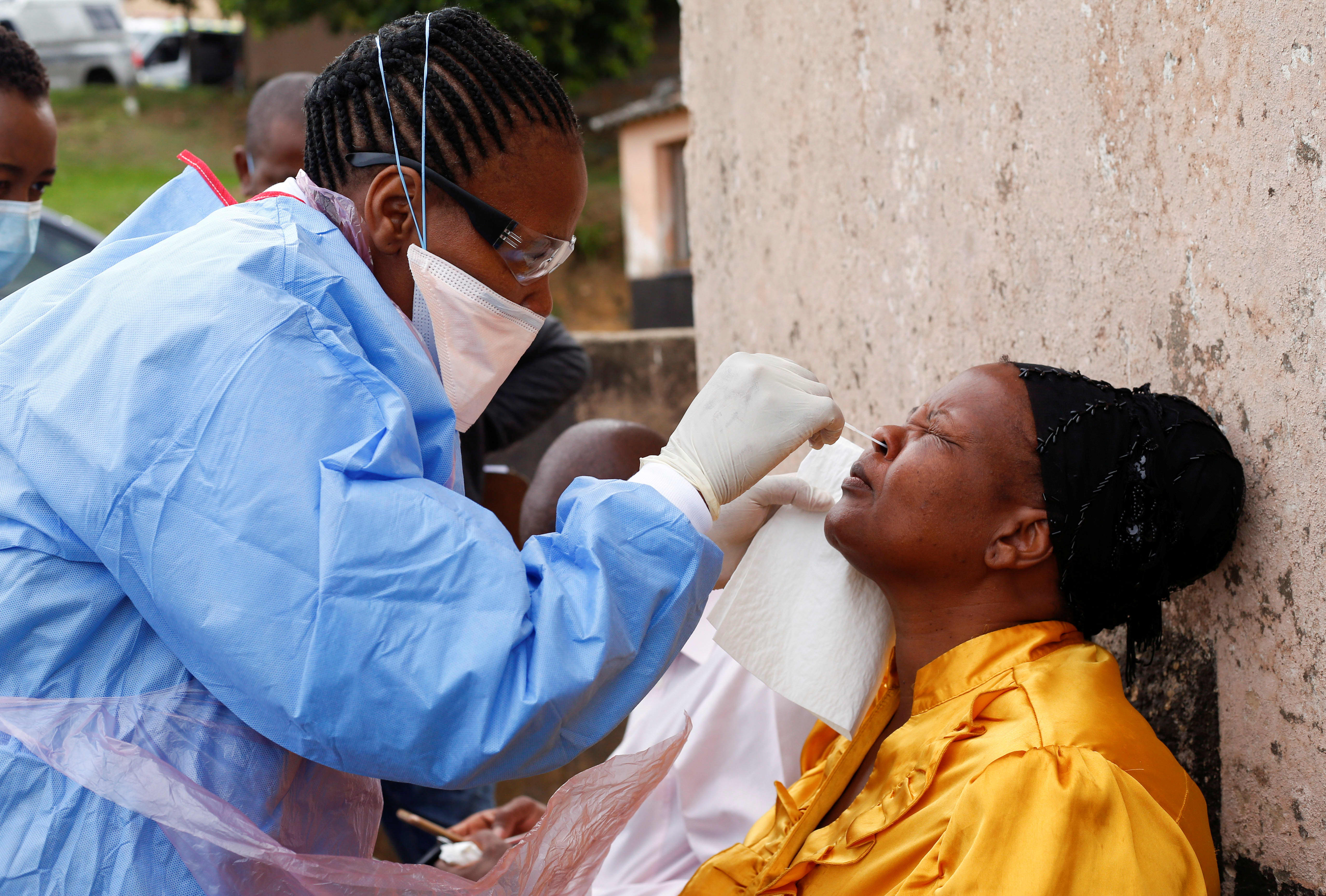
A senior United Nations official on Friday warned of decades of tragedy if wealthy nations do not help poorer nations combat the coronavirus, which continues to spread rapidly around the world.
“Unless we act now, we should be prepared for a series of human tragedies, more brutal and more destructive than any of the direct impacts of the virus,” UN Under-Secretary-General for Humanitarian Affairs Mark Lowcock told reporters in a call organized by the World Health Organization.
Inaction by world leaders will set the coronavirus free to go around the world and “undo decades of development, and create decades of tragic and exportable problems,” Lowcock said.
All of that is avoidable, he said in a call for wealthy nations to contribute to a $ 10.3 billion UN program to help poor nations fight the pandemic.
“It can be arranged with money and leadership from the richest nations in the world and some fresh ideas,” he said. “We estimate that the cost of protecting the poorest 10% of the world’s population from the worst effects of the pandemic and the global recession is approximately $ 90 billion. That is less than 1% of the stimulus package that rich countries have implemented to protect the economy world. “
The coronavirus, which emerged more than six months ago, has infected nearly 14 million people worldwide and has killed at least 590,600, according to data compiled by Johns Hopkins University. Health authorities in Idlib, Syria, reported their first case of Covid-19 last week, raising fears of an outbreak in crowded refugee camps.
The UN program, called the Global Humanitarian Response Plan COVID-19, aims to respond to the humanitarian impacts of the coronavirus in low- and middle-income countries and support its efforts to combat it, Lowcock said. The plan has generated $ 1.7 billion from donors since it launched in March.
The initiative comes as the United States cuts ties with WHO, ending funding for programs that help countries in “all kinds of fragile and difficult environments,” according to Dr. Mike Ryan, executive director of the emergency program. WHO health services.
President Donald Trump has repeatedly criticized the WHO response to the coronavirus, which has affected the United States worse than any other country, amid scrutiny of his own administration’s response to the pandemic. He said the WHO is “focused on China” and blames the agency for advising against travel bans in China at the start of the outbreak.
The agency has defended its initial response to the coronavirus pandemic, saying it gave world leaders enough time to intervene early in the outbreak.
The agency declared Covid-19 a global health emergency on January 30 when there were only 82 cases outside of China and zero deaths, WHO Director-General Tedros Adhanom Ghebreyesus said during a press conference on May 1. “That is, the world had enough time to intervene.”
The WHO said Friday that the coronavirus is not just a humanitarian problem. The agency said that unless the coronavirus is controlled everywhere “it is a risk everywhere and will continue to threaten the world economically and will continue to threaten it politically until we get rid of this virus or keep it under sustained control.”
.